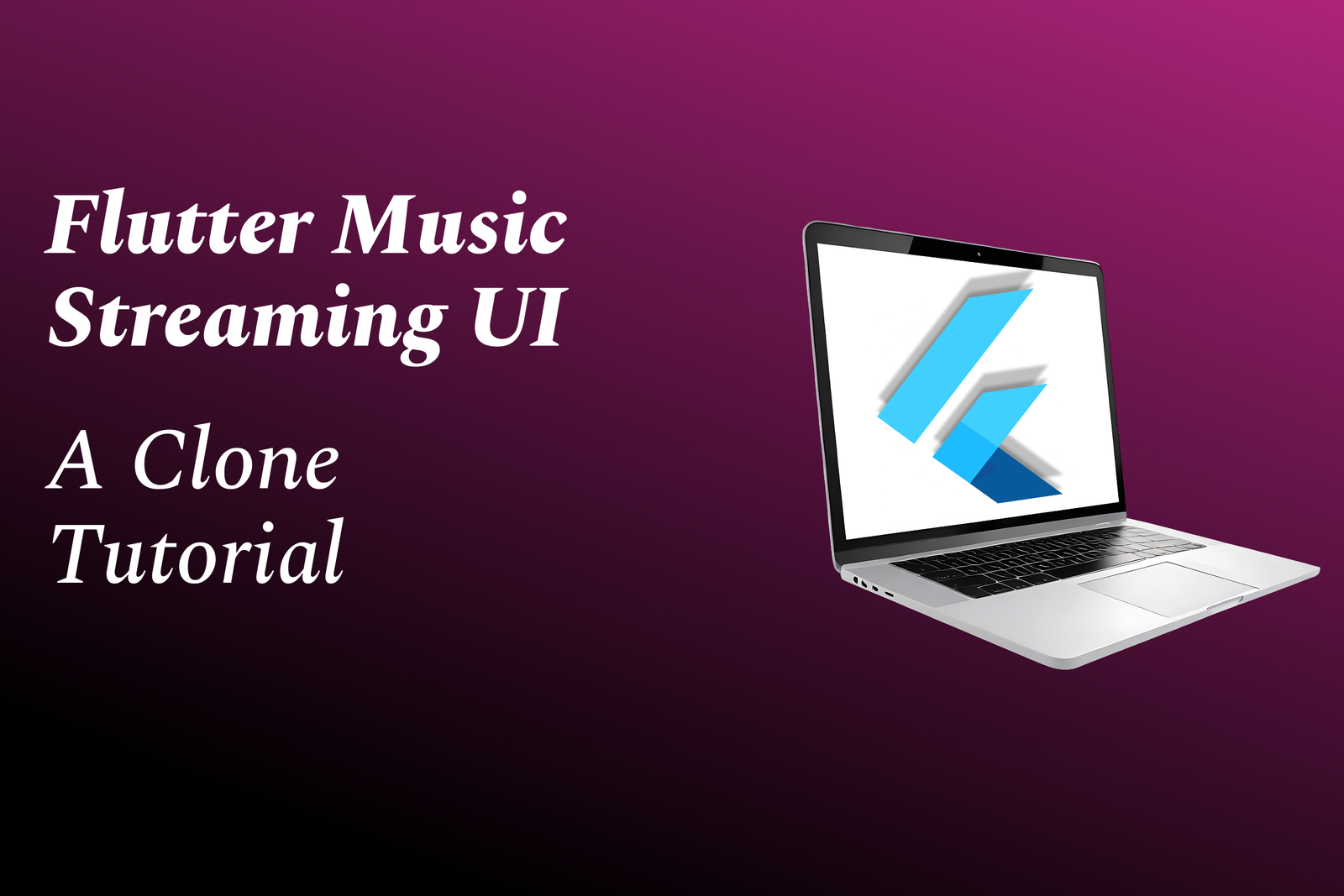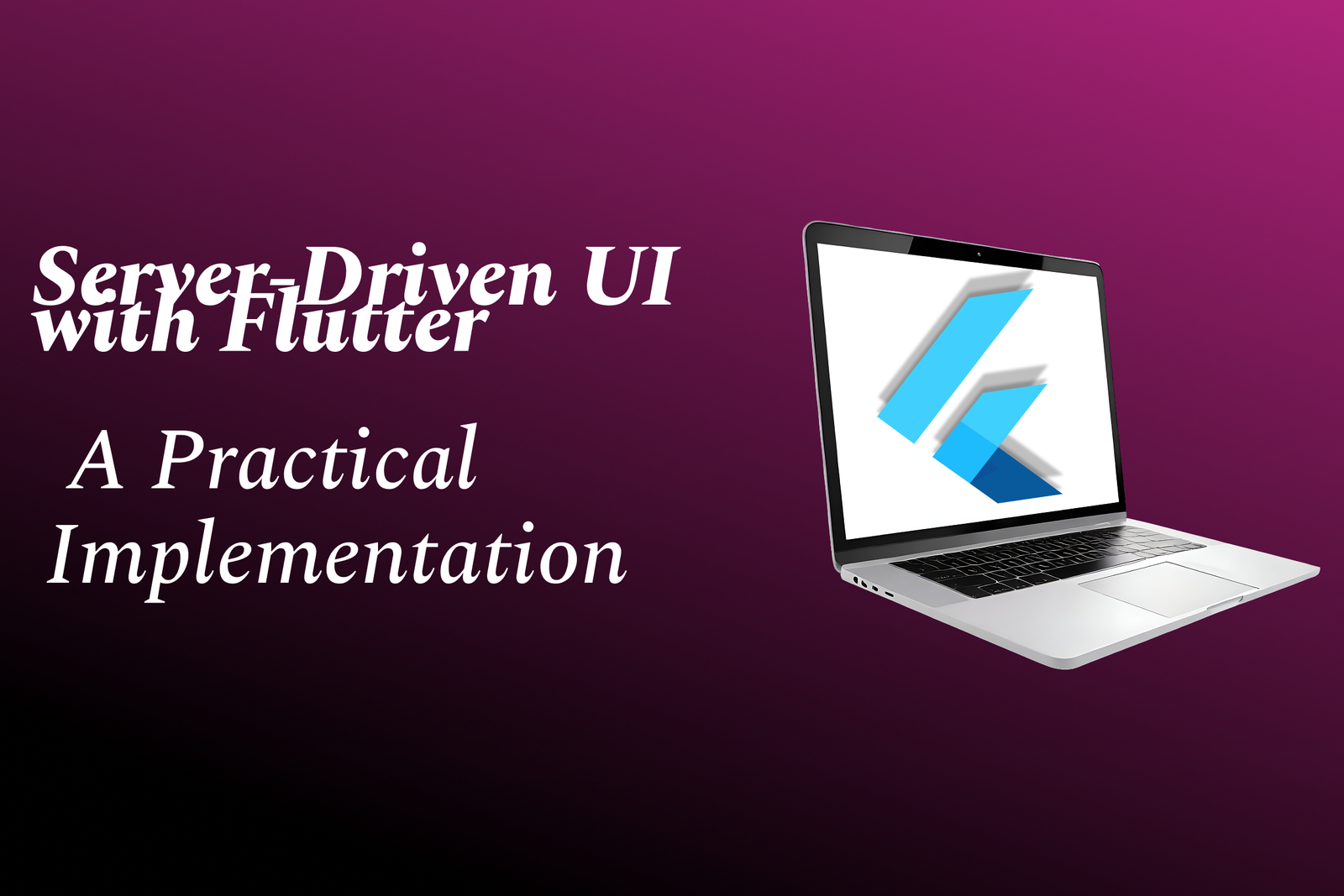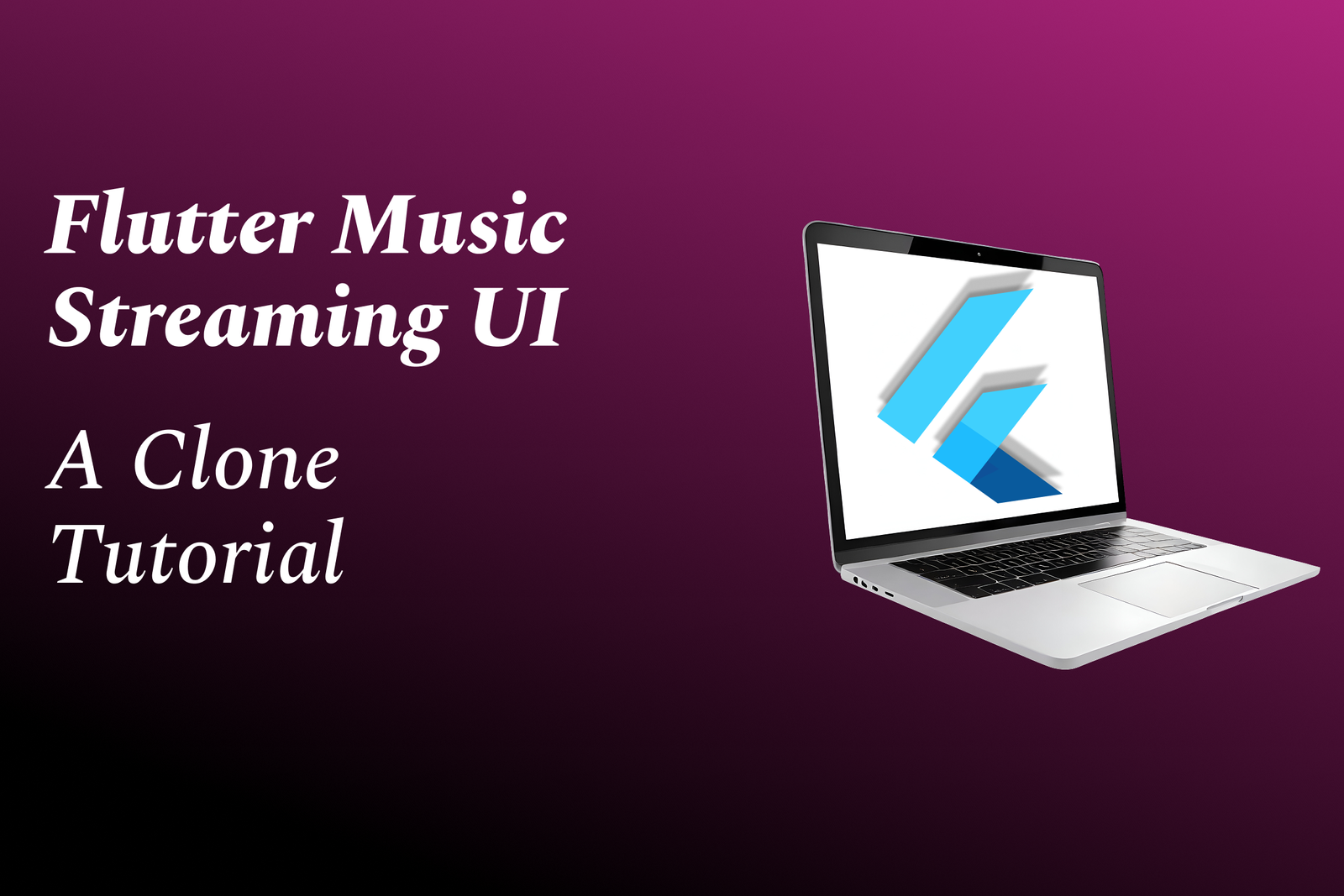How I Start Learn Programming Language Php
PHP is a popular server-side scripting language used to develop dynamic and interactive websites. To
How I Start Learn Programming Language Php
Learning PHP is a great way to turn your web development ideas into reality, as it powers many dynamic websites and applications. To start, you should familiarize yourself with its syntax through beginner tutorials and set up a local server environment using tools like XAMPP or WAMP. Practice creating simple scripts to handle user input, connect to databases, and generate web pages dynamically. As you progress, understanding PHP’s role in web development will help you build functional, interactive websites and even develop your own applications. With its widespread use and community support, mastering PHP opens up numerous opportunities in web programming and backend development.
To Download Our Brochure: https://www.justacademy.co/download-brochure-for-free
Message us for more information: +91 9987184296
Learning PHP is a great way to turn your web development ideas into reality, as it powers many dynamic websites and applications. To start, you should familiarize yourself with its syntax through beginner tutorials and set up a local server environment using tools like XAMPP or WAMP. Practice creating simple scripts to handle user input, connect to databases, and generate web pages dynamically. As you progress, understanding PHP’s role in web development will help you build functional, interactive websites and even develop your own applications. With its widespread use and community support, mastering PHP opens up numerous opportunities in web programming and backend development.
Course Overview
The ‘How I Started Learning Programming Language PHP’ course provides a concise introduction to PHP basics, covering syntax, data types, control structures, and simple projects to build a strong foundation for web development beginners.
Course Description
Discover the fundamentals of PHP with our “How I Started Learning Programming Language PHP” course. Designed for beginners, it covers syntax, data types, control structures, and hands-on projects to kickstart your web development journey efficiently.
Key Features
1 - Comprehensive Tool Coverage: Provides hands-on training with a range of industry-standard testing tools, including Selenium, JIRA, LoadRunner, and TestRail.
2) Practical Exercises: Features real-world exercises and case studies to apply tools in various testing scenarios.
3) Interactive Learning: Includes interactive sessions with industry experts for personalized feedback and guidance.
4) Detailed Tutorials: Offers extensive tutorials and documentation on tool functionalities and best practices.
5) Advanced Techniques: Covers both fundamental and advanced techniques for using testing tools effectively.
6) Data Visualization: Integrates tools for visualizing test metrics and results, enhancing data interpretation and decision-making.
7) Tool Integration: Teaches how to integrate testing tools into the software development lifecycle for streamlined workflows.
8) Project-Based Learning: Focuses on project-based learning to build practical skills and create a portfolio of completed tasks.
9) Career Support: Provides resources and support for applying learned skills to real-world job scenarios, including resume building and interview preparation.
10) Up-to-Date Content: Ensures that course materials reflect the latest industry standards and tool updates.
Benefits of taking our course
Functional Tools
1 - Text Editors (Visual Studio Code, Sublime Text, Atom): These lightweight yet powerful text editors serve as the primary tools for writing and editing PHP code. They offer syntax highlighting, auto completion, and debugging support, making coding more efficient and error free. Students learn to customize their editor environment by installing plugins and extensions tailored for PHP development. Mastering these editors helps students enhance productivity and maintain clean, organized code during project development.
2) Integrated Development Environments (IDEs) PHPStorm, NetBeans: IDEs provide an all in one workspace that simplifies coding, debugging, and testing PHP applications. PHPStorm, for example, offers intelligent code suggestions, version control integration, and runtime debugging features. Students get hands on experience in navigating these environments to streamline their development workflow. Learning to leverage IDE features accelerates learning and equips students for professional development settings.
3) Local Server Environments XAMPP, WAMP, MAMP: These tools simulate a web server environment on students' computers, enabling them to run PHP scripts locally without needing a live server. They include Apache, MySQL, and PHP pre configured, allowing seamless integration. Students learn to configure, start, and stop servers, set up databases, and troubleshoot server issues, which are critical skills for developing and testing web applications before deployment.
4) Database Management Tools phpMyAdmin, MySQL Workbench: These tools facilitate the creation, modification, and management of databases that PHP scripts interact with. phpMyAdmin, a web based interface, simplifies managing MySQL databases through a user friendly UI, while MySQL Workbench offers advanced database design and query execution features. Students gain practical experience in database design, writing SQL queries, and establishing secure connections with PHP scripts.
5) Version Control Systems Git, GitHub: Version control tools help track code changes, collaborate effectively, and maintain code history. Students learn to initialize repositories, commit changes, create branches, and resolve conflicts. Using platforms like GitHub, they can share their projects, receive feedback, and demonstrate their work to potential employers. Mastery of version control is essential for working in team environments and managing collaborative software projects.
6) Command Line Interface (CLI): The CLI allows students to perform server management tasks, run PHP scripts directly, and execute Git commands efficiently. Learning basic terminal commands reinforces understanding of how web servers operate and prepares students for deploying applications in real world scenarios. Command line proficiency enhances debugging skills and enables automation of routine tasks.
7) Debugging Tools Xdebug, Chrome Developer Tools: Debugging is fundamental for developing error free code. Xdebug integrates with IDEs to provide step by step debugging, variable inspection, and stack tracing. Chrome Developer Tools assist in analyzing front end interactions and AJAX requests with PHP back end scripts. Students learn to identify issues, fix bugs systematically, and improve code quality through these tools.
8) Online Resources and Documentation: Platforms like PHP.net, Stack Overflow, and W3Schools provide comprehensive documentation, tutorials, and community support. Students are encouraged to use these resources to troubleshoot problems, learn best practices, and stay updated with the latest PHP features. Developing the ability to independently find solutions is vital for continuous learning and self reliance.
9) Testing Frameworks PHPUnit: Students are introduced to automated testing tools like PHPUnit, which helps in writing and executing unit tests for PHP code. This ensures code reliability, reduces bugs, and facilitates refactoring. Understanding testing frameworks promotes best practices in software development and prepares students for quality assurance roles.
10) Deployment Platforms cPanel, Cloud Services (AWS, Heroku): These platforms enable students to deploy their PHP applications to live environments. cPanel offers easy management of websites and databases, while cloud services provide scalable hosting solutions. Students learn deployment procedures, domain management, SSL configuration, and basic server security, ensuring their projects are production ready.
11 - Backend Libraries and Frameworks Composer, Laravel (optional): Composer manages dependencies and libraries efficiently, simplifying code management. Frameworks like Laravel provide structured architecture, built in security, and rapid development features. Familiarity with these tools prepares students to build scalable, maintainable, and professional PHP applications with modern frameworks.
12) Code Collaboration Platforms Bitbucket, GitHub: Facilitating code sharing, peer review, and collaborative coding, these platforms support team based projects. Students learn best practices in branching, pull requests, and code reviews, fostering teamwork skills. Using these tools prepares students for real world software development workflows and collaborative environments.
13) Performance Monitoring Tools New Relic, Blackfire: These tools help analyze and optimize PHP application performance. Students learn to identify bottlenecks, monitor server health, and improve response times. Understanding performance tuning is essential for scaling applications and providing a smooth user experience.
14) Security Tools OWASP ZAP, Firewall Configurations: Ensuring application security is crucial; students learn to scan for vulnerabilities and implement safeguards. Security tools detect common threats like SQL injection and cross site scripting (XSS), teaching students best practices in securing PHP applications against malicious attacks and data breaches.
15) Containerization and Virtualization Docker: Docker enables creating consistent development environments, simplifying deployment, and isolating dependencies. Students explore containerization concepts, building Docker images for PHP apps, and managing containers. This knowledge helps in maintaining environment consistency across development, testing, and production phases.
16) Learning Management and Collaboration Tools Trello, Slack: These tools facilitate project planning, task management, and real time communication among students and instructors. They foster organized workflows, effective collaboration, and timely feedback, which are vital skills in team based development projects.
17) API Testing Tools Postman: For testing RESTful APIs integrated with PHP applications, Postman offers a user friendly interface to send requests, analyze responses, and automate tests. Students learn to develop, troubleshoot, and document APIs effectively, essential for building interoperable web services.
18) Monitoring and Analytics Google Analytics: When deploying PHP websites, tracking user interactions, traffic sources, and other analytics helps optimize user experience. Students understand how to embed analytics code, interpret data, and make data driven improvements.
19) Deployment Automation Jenkins, GitHub Actions: Automation tools streamline continuous integration/continuous deployment (CI/CD), reducing manual effort and minimizing errors. Students learn to set up automated build and deployment pipelines, which are vital for agile development workflows.
20) Learning Platforms and Tutorials Udemy, Coursera, YouTube: These platforms offer supplementary tutorials, courses, and community support, supplementing hands on training with theoretical knowledge and advanced concepts. Encouraging students to leverage these resources promotes lifelong learning and keeps skills up to date.
Integrating these tools into the PHP training program equips students with a comprehensive skill set, enabling them to develop, test, deploy, and maintain professional web applications efficiently, preparing them for industry demands.
21 - Code Formatting and Linting Tools PHP_CodeSniffer, ESLint (for integrated front end): These tools help enforce coding standards, maintain code consistency, and detect potential syntax errors early. Students learn the importance of writing clean, readable, and maintainable code, which is critical in team environments.
22) API Development Frameworks Slim, Lumen: Lightweight PHP micro frameworks facilitate rapid API development with minimal overhead. Students gain experience designing RESTful services, handling requests, and returning JSON responses efficiently for client server communication.
23) Caching Technologies Redis, Memcached: Implementing caching strategies improves application performance by reducing database loads and response times. Students learn to integrate caching layers and understand their impact on scalable PHP applications.
24) Content Management Systems (CMS) WordPress, Drupal (optional): These platforms demonstrate real world PHP applications in content management, illustrating how PHP is used to build customizable websites. Students explore plugin development, theme customization, and security best practices within these systems.
25) Web Security Tools SSL/TLS Configuration, Two Factor Authentication: Besides vulnerability scanning, students learn to implement secure communication protocols, user authentication methods, and other security measures protecting sensitive data in PHP applications.
26) Session Management and Authentication Libraries OAuth, JWT: Understanding secure user authentication mechanisms, students implement login systems, access tokens, and session management to build secure web applications.
27) Dynamic Front End Technologies JavaScript, AJAX: While focusing on PHP, students learn to create dynamic, responsive interfaces by integrating with JavaScript and AJAX, enabling seamless user interactions and asynchronous data loading.
28) API Documentation Tools Swagger, Apiary: These tools assist in designing, building, and maintaining clear API documentation, fostering better collaboration and consuming APIs effectively within PHP applications.
29) PHP Code Quality Tools PHPMD, PHP CS Fixer: These tools analyze code for potential issues, enforce coding standards, and automate code refactoring, promoting high quality, efficient PHP codebases.
30) Game Development and Interactive Applications Phaser.js integration: For creative projects, students explore integrating PHP back ends with front end game engines for developing simple web based interactive content.
31 - Deployment via Container Orchestration Kubernetes: Advanced deployment strategies involve managing multiple Docker containers using orchestration tools, preparing students for deploying large scale PHP applications in cloud environments.
32) Server Configuration and Optimization Apache, Nginx Tuning: Students gain skills in configuring server settings, load balancing, and optimizing server performance specifically tailored for PHP application hosting.
33) Real Time Communication WebSocket, Ratchet PHP: For building real time applications such as chat systems, students learn to implement WebSocket communication protocols within PHP environments.
34) Progressive Web Applications (PWAs): Students learn how to convert PHP based websites into PWAs, providing offline access, push notifications, and improved mobile experiences.
35) Accessibility and Localization Tools: Ensuring applications are accessible to all users and supporting multiple languages, students implement best practices for inclusivity and internationalization.
36) Analytics and User Behavior Monitoring Hotjar, Mixpanel: Additional tools for understanding user engagement help students optimize UI/UX based on real user data.
37) Automated Code Review Tools Codacy, SonarQube: Incorporate automated code review pipelines to ensure code quality, security, and adherence to best practices continuously.
38) Learning about Microservices Architecture: Students explore decomposing monolithic PHP applications into microservices, facilitating scalability and maintainability in complex projects.
39) Advanced Database Optimization Indexing, Query Optimization: Deep dives into database tuning help students improve application speed and efficiency, critical for high traffic sites.
40) Compliance and Data Privacy Tools GDPR Compliance Checkers: Educate students on integrating privacy and compliance considerations into the development process, such as data masking and secure data handling.
Equipping students with access to a broad spectrum of tools and technologies ensures they are prepared for diverse challenges in modern PHP development, emphasizing best practices, security, performance, and user centric design.
Browse our course links : https://www.justacademy.co/all-courses
To Join our FREE DEMO Session:
This information is sourced from JustAcademy
Contact Info:
Roshan Chaturvedi
Message us on Whatsapp: +91 9987184296
Email id: info@justacademy.co
Power Bi Training In Hyderabad Urbanpro
Mobile Testing Interview Questions Appium
Dart Programming Language In Ameerpet
Step-by-Step Guide to Starting Your PHP Programming Language Journey
How to Start Learning PHP Programming Language for Beginners
Ultimate Guide to Starting PHP Programming for Beginners
How to Start Learning PHP Programming Language for Beginners











